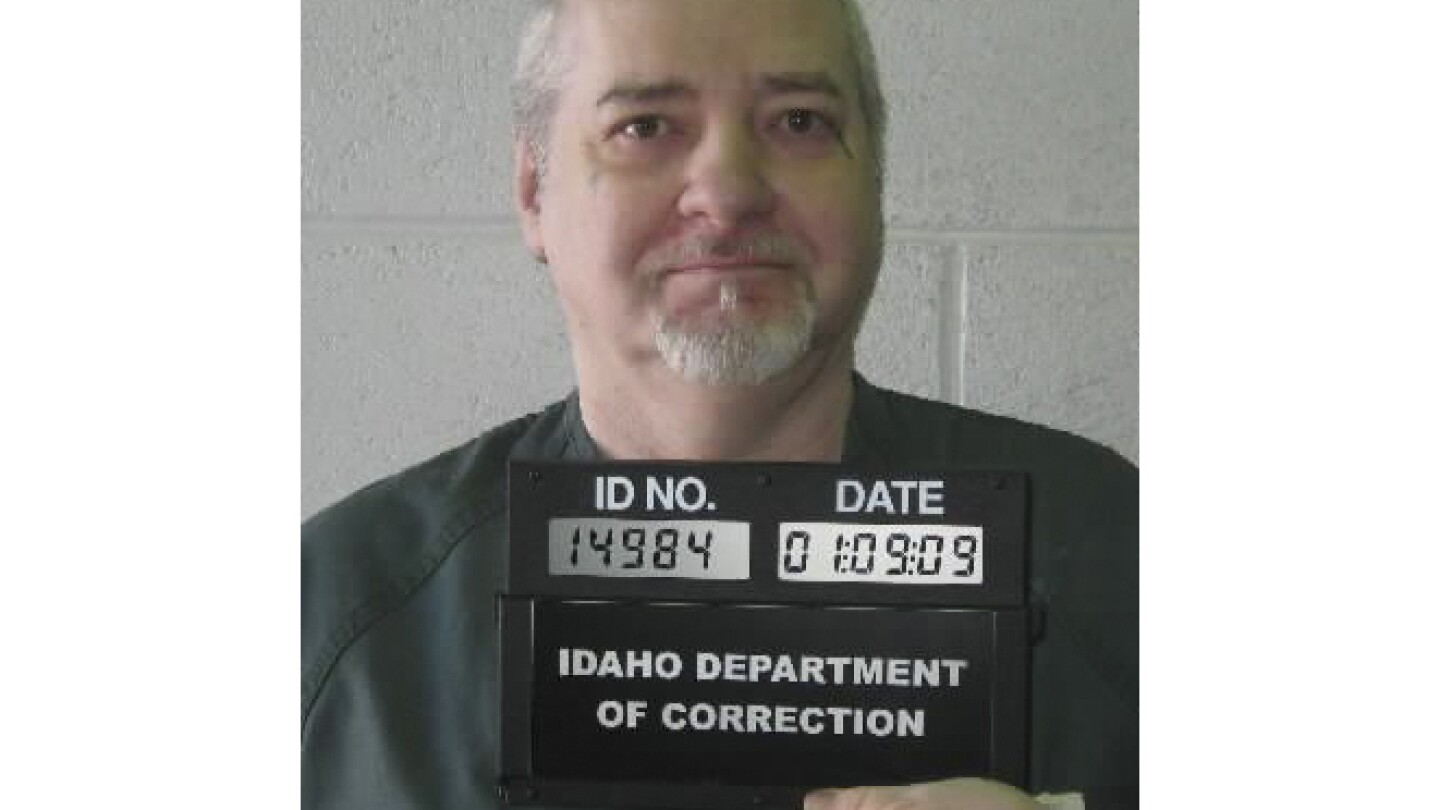- cross-posted to:
- news@kbin.social
- cross-posted to:
- news@kbin.social
The hour of Thomas Eugene Creech’s death has been set, and it is rapidly approaching.
On Wednesday morning Idaho prison officials will ask the 73-year-old if he would like a mild sedative to help calm him before his execution at the Idaho Maximum Security Institution south of Boise. Then, at 10 a.m. local time, they will bring him into the execution chamber and strap him to a padded medical table.
Defense attorneys and the warden will check for any last-minute court orders that would halt the execution of Creech, who is one of the longest-serving death row inmates in the U.S.
Barring any legal stay, volunteers with medical training will insert a catheter into one of Creech’s veins. He’ll be given a chance to say his last words, and a spiritual advisor may pray with him. Then the state will inject a drug intended to kill the man who has been convicted of five murders in three states and is suspected in several more.



Again, I do not deny that there have been absolutely horrible crimes committed and those people were then executed. But that does not make the law fair or equitable and unfair and non-equitable laws are simply immoral in my opinion.
If you want to argue for death penalty reform, that’s fine. But why should anyone be put to death while the law is unevenly applied?
Clearly, there was no rush in this case. So reform the law first.
In clear cases, I don’t see the need for delay. They catch you with bodies or body parts on your property or in your house? Yeeeaaahhh…
But you’re right, if something is a “simple” murder case, go ahead and hold off until things can get corrected. Ideally, it wouldn’t be applied in simple murders.